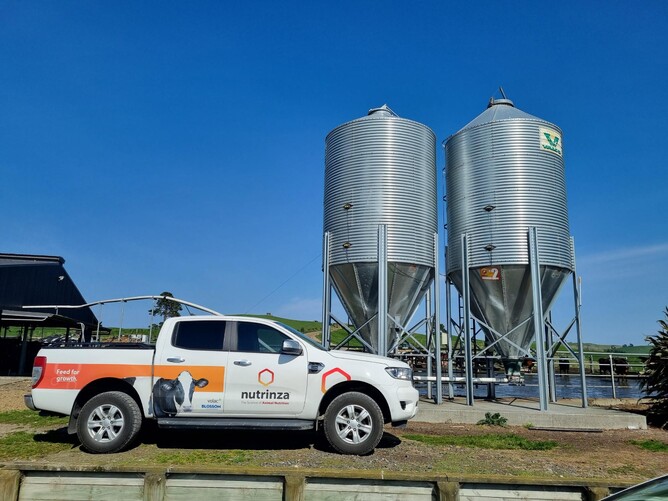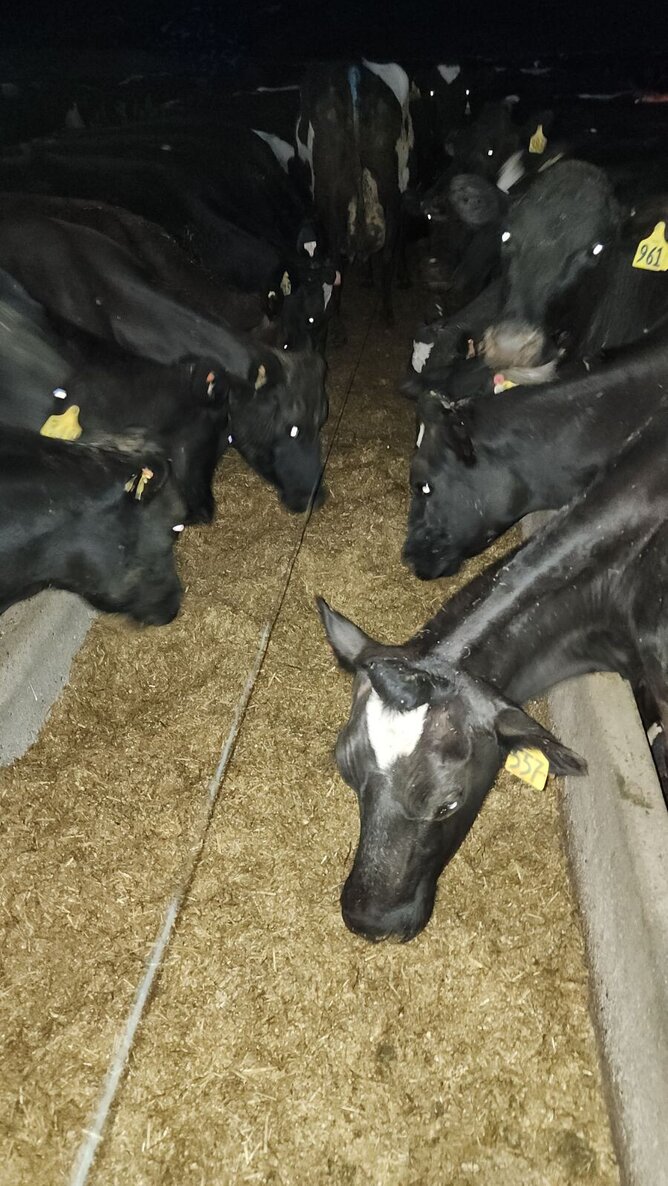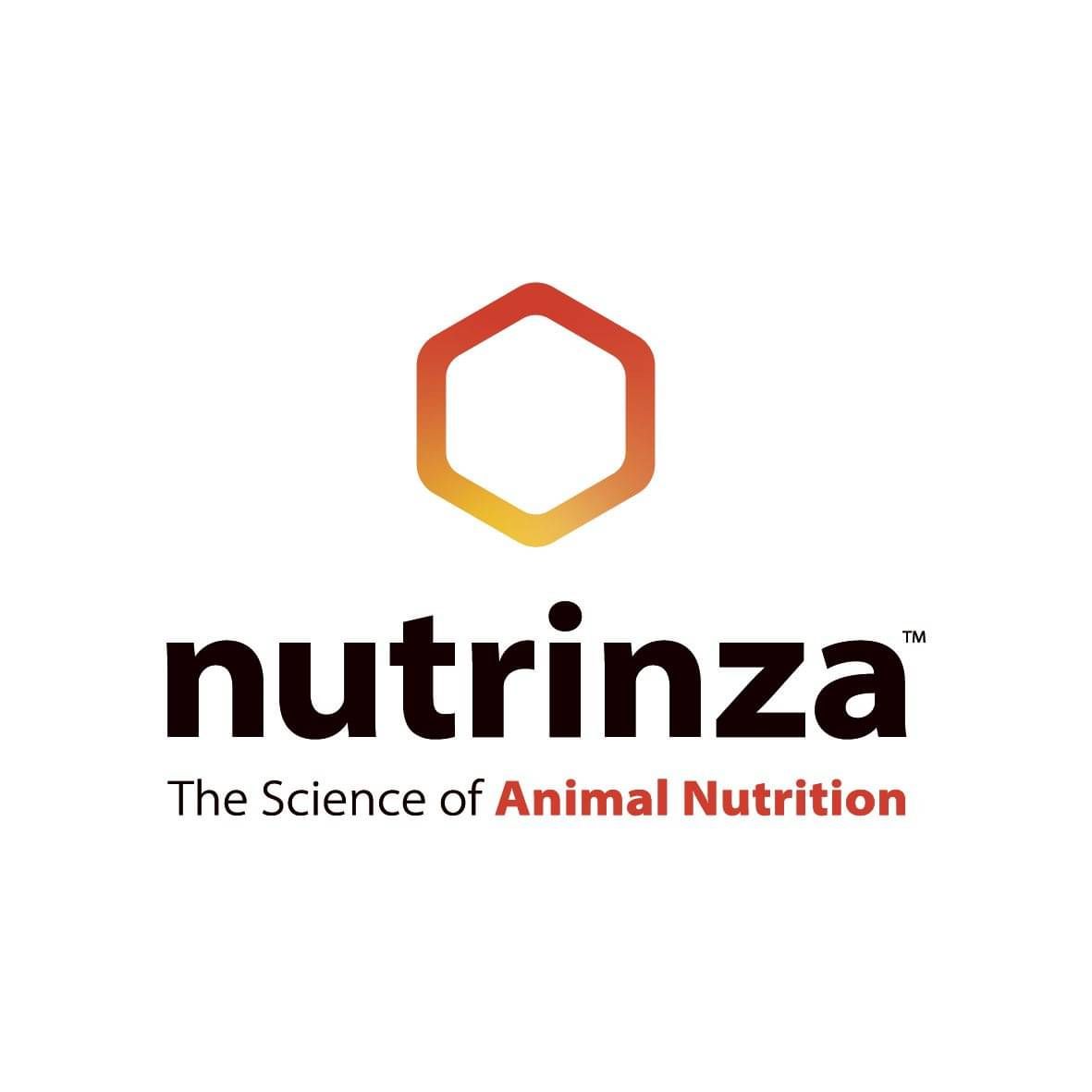As mating season knocks on farmers’ doors, rumen-protected fats will play a crucial role in boosting fertility at a time when farmers simply cannot afford high empty rates.
The cost of replacing a cow before its first calving is estimated to be around $1,400, which means getting the right nutrition into the cow before insemination is crucial to ensure she’s healthy and productive.
Providing appropriate fats at specific times has many benefits, such as increased milk production, improved body condition, and higher fertility, leading to a decreased empty rate and a more compact calving spread, as well as reduced heat stress.
Nutrinza's technical sales representative Wouter Ten Haaf says while dairy cows may require over 6% fat in dry matter to sustain their body condition and productivity, surpassing 3.5% fat in dry matter can lead to serious health conditions, potentially harming the rumen and digestive function of the herd.
To address this, Nutrinza recommends incorporating rumen-protected fats into the animal feed regimen.
“Megalac is the most cost-effective, proven way to allow for a safe increase in fat intake without adverse effects on the herd's digestive function,” says Ten Haaf.
“Megalac is often fed to dairy cows during periods of high energy demand, such as early lactation or when cows experience a negative energy balance. By providing a concentrated, continuous, slow-releasing source of energy, Megalac helps cows not only potentially increase their milk production, but also maintain body condition and improve overall health,” he explains.
Megalac provides an energy boost without imposing an acid load on the rumen, mitigating the risk of acidosis. This makes it an ideal choice for early lactation diets of cows, with proven efficacy in enhancing cow fertility.
“18 different studies have also shown that feeding 500g of Megalac per day can increase milk production by an average of 2.3 litres per day, improving egg quality and conception rates, and elevating progesterone levels, which is a crucial hormone for pregnancy,” Ten Haaf adds.
New Zealand farmers can expect a return on investment of around 38% in milk production alone. $0.40* cost of 0.2kg delivers $0.54 at $6.75/kgMS payout, plus the added reproduction benefits if fed as recommended in fully fed cows with no sub-acute rumen acidosis present.
Recommended feed rates for Megalac should be tailored to the specific needs of the herd to make sure the farmer’s cows receive the optimal amount of this crucial nutrient.
Megalac is designed for easy integration into the herd's diet, and it is recommended farmers feed
between 0.2 to 0.5 kg, per cow, per day. It is available in blends or direct-to-farm in 25kg bags (one-tonne minimum delivery) or 800 kg bulk bags (1.6 tonne minimum delivery).
For more information on incorporating Megalac into your dairy herd's nutrition plan, talk to Nutrinza to arrange a farm visit, or head to www.nutrinza.com/megalac.
*Assumes Megalac bulk in blends


